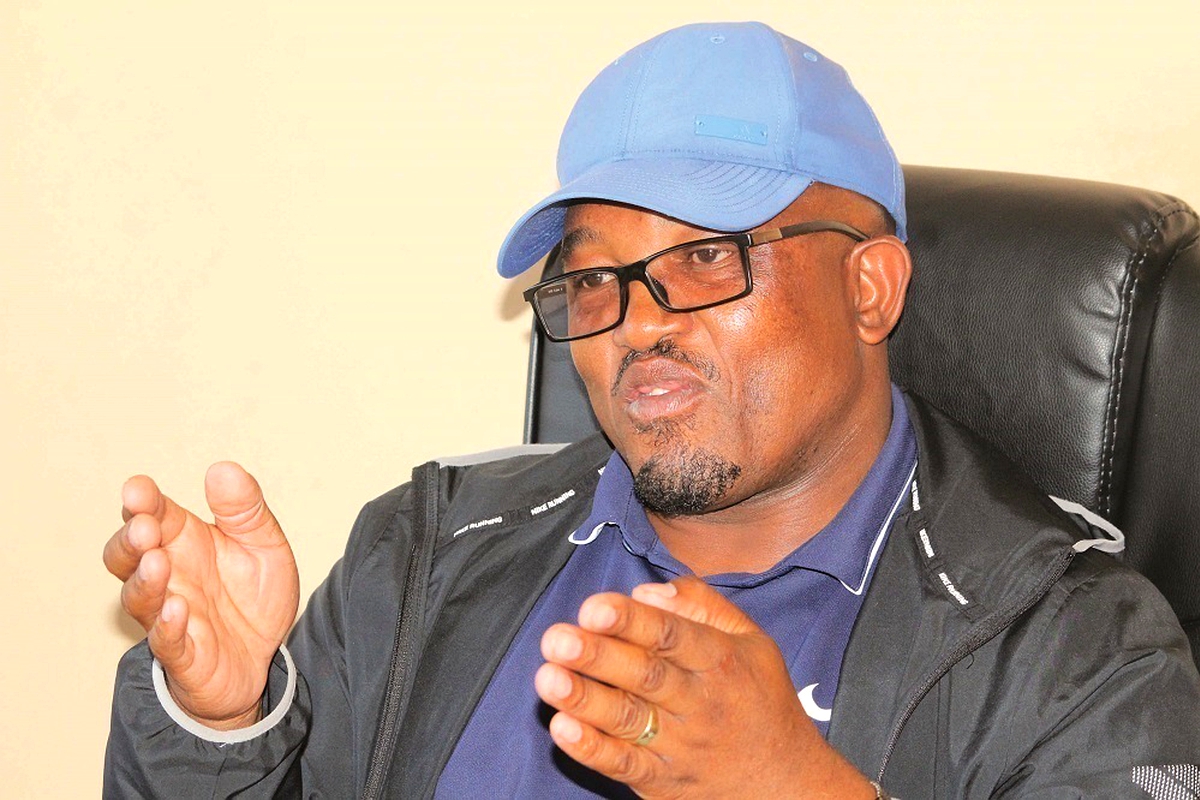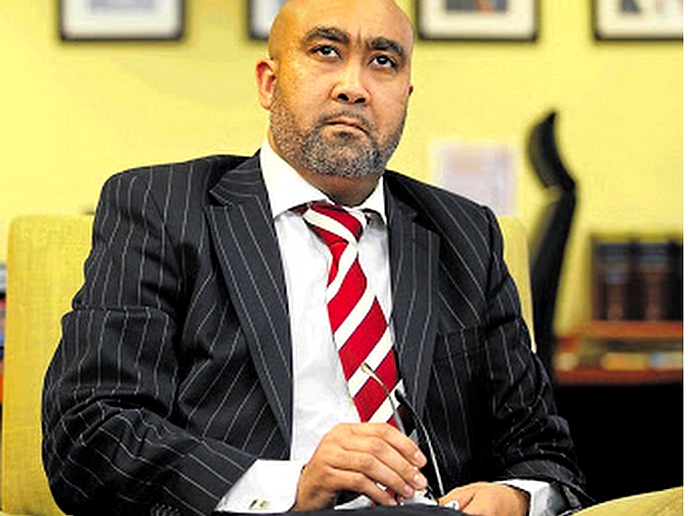THERE will be no compensation for local poultry farmers who have been dealt a heavy blow following the outbreak of Avian influenza in May, which further led to a ban on poultry imports from South Africa.
business
Aug. 13, 2021
NEO SENOKO
3 min read
No recompense for poultry farmers

Minister of Agriculture and Food Security, Likopo Mahase
Avian Influenza (AI) is a contagious viral infection which can affect all species of birds. In intensive poultry rearing systems, young fattening turkeys and laying hens are usually the most affected species.
Symptoms of Avian Influenza in poultry include loss of appetite, cessation of egg laying, nervous signs, swelling and blue discoloration of combs and wattles due to disturbance of blood circulation. During this period, sudden death can also occur without any previous signs.
During the period between May and early June, the disease surfaced at two farms, in Ha Penapena, Maseru and Sebothoane in Leribe, forcing farm owners to destroy hundreds of their birds.
The disease was imported from South Africa, while the latter assumes it came from Europe.
Around 30 000 birds were destroyed at the Ha Penapena farm in May while another 24 000 had to be destroyed at the Sebothoane farm. Hundreds of other poultry farmers in the country have been hard hit by the outbreak following the ban on imports from the neighboring South Africa.
Almost 100 percent of poultry products in Lesotho are imported from South Africa, with Gauteng and Free State Provinces among the main suppliers of the products.
Despite being severely impacted, local farmers will not receive any financial boost from the government. While it is evident any form of business has its own risks, the government said another major challenge has to do with the absence of a compensation policy that would otherwise provide a clear roadmap on how the affected farmers would have to be compensated.
This was revealed by the Minister of Agriculture and Food Security, Likopo Mahase during a media briefing on Tuesday.
“Any form of business has its own risks. You can go out and buy a new car now and few moments later the same car may be destroyed. So that is part of business. But another challenge is that we do not have any compensation policy at the moment, thus, even if we wanted to assist farmers.
“We need proper policies for such things, but then again policies are driven by money. That means we should be in a good financial space to do that,” Mr Mahase said.
He however, admitted that the outbreak of the disease and the ban on poultry products had a huge impact on farmers and the economy at large.
“So much has been lost since May. Some farmers lost all their produce, but luckily we have now been able to contain the disease and farmers will be allowed to import from selected provinces in South Africa,” he added.
The ministry revealed during the same event that while a ban continues in provinces that have been widely affected by the disease, local farmers will be allowed to import from other provinces that have not been affected. This, they shall do through the assistance of the ministry officials. Import permits will be obtained from the ministry.
Enjoy our daily newsletter from today
Access exclusive newsletters, along with previews of new media releases.
A total of 44 farmers have been affected by the Avian Influenza in South Africa.
Poultry farmers in the country are still not allowed to import from provinces that includes Gauteng, Free State, North West, Mpumalanga, Easter Cape, Kwazulu Natal and Western Cape. These provinces have been severely impacted by the disease.
The provinces that have not been affected by the virus include Northern Cape and Limpopo.
The Director General of Veterinary Services Dr Relebohile Mahloane urged farmers to comply with the ministry directives to avoid any form of inconvenience.
“We got rid of the disease, so if we get re-infected, it would mean that someone might have imported these products illegally. So far compliance has been good and we hope to continue with that understanding going forward,” Dr Mahloane said.






